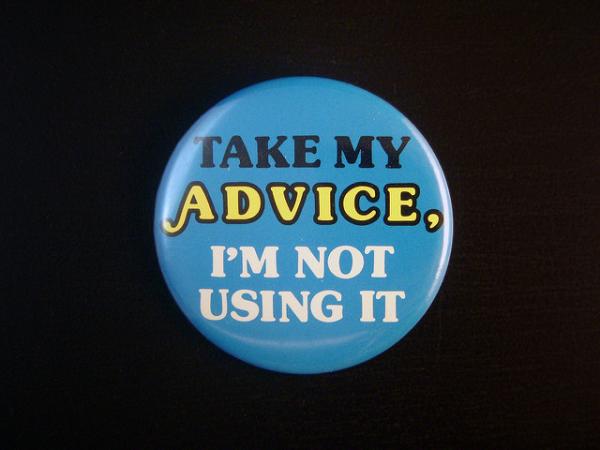As a surgeon, I knew at least one way in which my mother was right; it is better to give than receive – especially surgery. But a new study by Dr. Angela Duckworth (of Grit fame) and her colleagues published in Psychological Science makes the case that it holds just as true for advice.
The study considers four experiments overall, beginning with middle school children looking at how motivated (frequently) they acted in using an online vocabulary building program when asked to give motivational advice to a younger child or when receiving motivational “tips” from a teacher. The children's’ use of the online program was monitored before and after the intervention, and while there was no difference in the groups use before the intervention those giving advice used the program roughly 10% more than those getting advice after the intervention.
Scaling the experiment up to adults recruited through that substitute for “undergraduate lab rats,” Amazon’s Mechanical Turk, they found that 75% of participants found giving advice more motivating, about 3-fold more than those motivated by getting advice. And in this instance, the advice was from several areas, financial, interpersonal, health and work – it made no difference giving was more motivating than receiving. Moreover, because participants in this experiment both gave and received advice, the ordering of whether they gave or receive first varied, the order made no difference.
In a final experiment, the researchers again queried their adults about motivation and confidence to act in a specific manner, say to lose weight or save more money, was greater when the participant advised another; and people were more confident in their ability to act when they gave rather than received advice. Interestingly enough, and this may be key to the advice givers among us, when participants were asked if the advice they gave would motivate or boost the confidence of others, only about half felt that the advice would help another. We underestimate the power of giving advice both for ourselves and others.
The study raises some interesting questions about advice and struggle. As a physician I have often given patients advice about not smoking, watching their weight or exercising. Could it be that I was wrong, that giving that advice was not nearly as helpful as having the patient share their opinion on what works (and doesn’t) with me? In fact, could this explain why support groups aid in these problematic behavioral changes, not because our advice helps others, it helps us! And the effect seems to work on twin needs, the motivation and confidence to change, although they are often intertwined.
One point the researchers noted was that the advice being studied was related to motivational issues, not knowledge. That is to say, everyone already knew the value of saving money or losing weight. The advice was directed at changing the behavior, not the understanding. Perhaps that is a lens we might apply when talking about sex education or smoking. Everyone already knows the basics of sex and the dangers of smoking, so perhaps more educational advice on those topics is not worthwhile. Based on this study, it may well be that our good intentioned advice not to smoke or have unprotected sex is not exactly falling on deaf ears but could be greatly improved by letting the recipients of our advice, give their own advice instead. Could it be that giving advice, like giving surgery, if far better than receiving advice? As the researcher's end, “It is in giving that we receive.”
Source: Dear Abby: Should I give Advice or Receive It? Psychological Science DOI: 10.1177/0956797618795472




